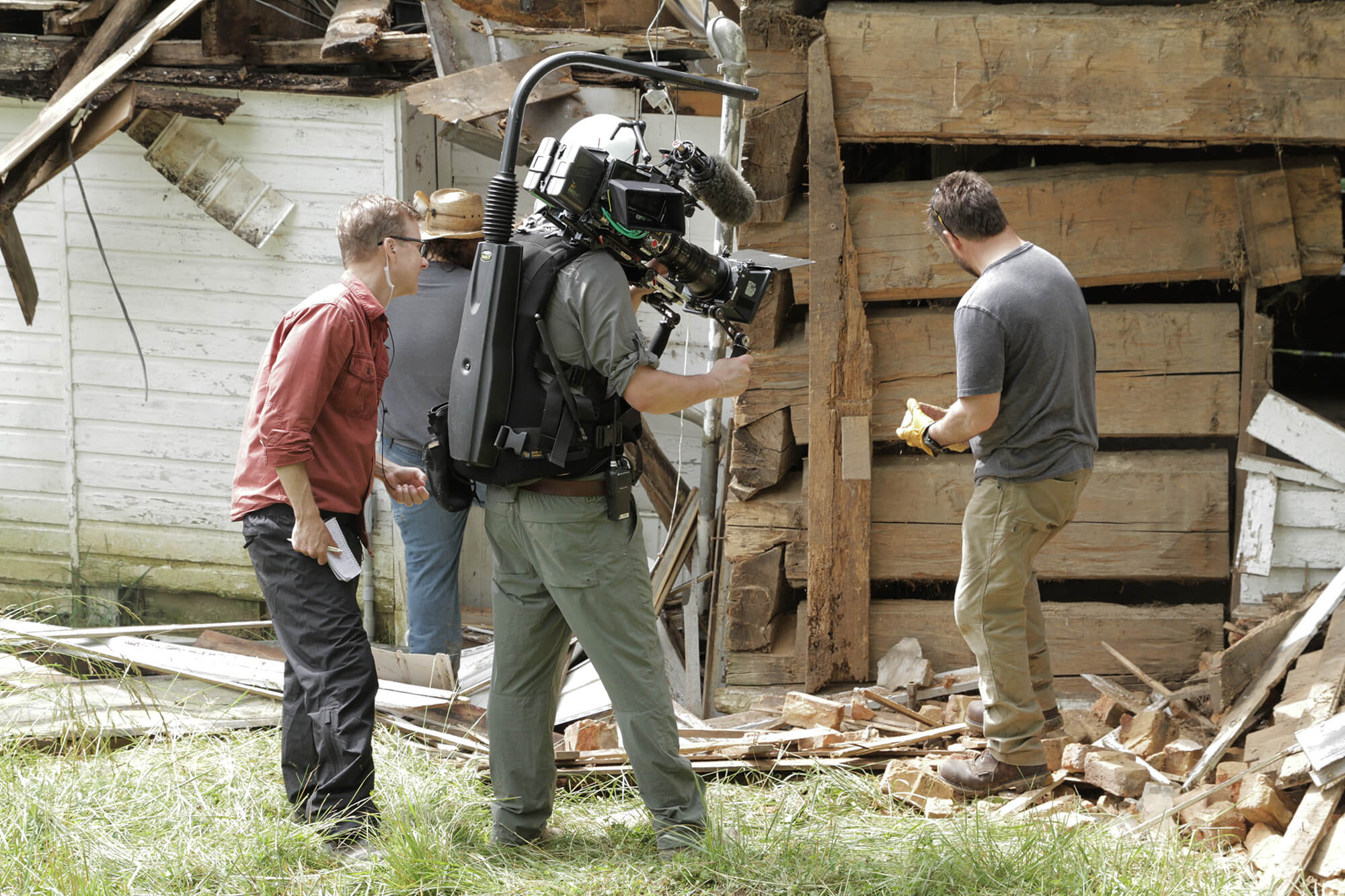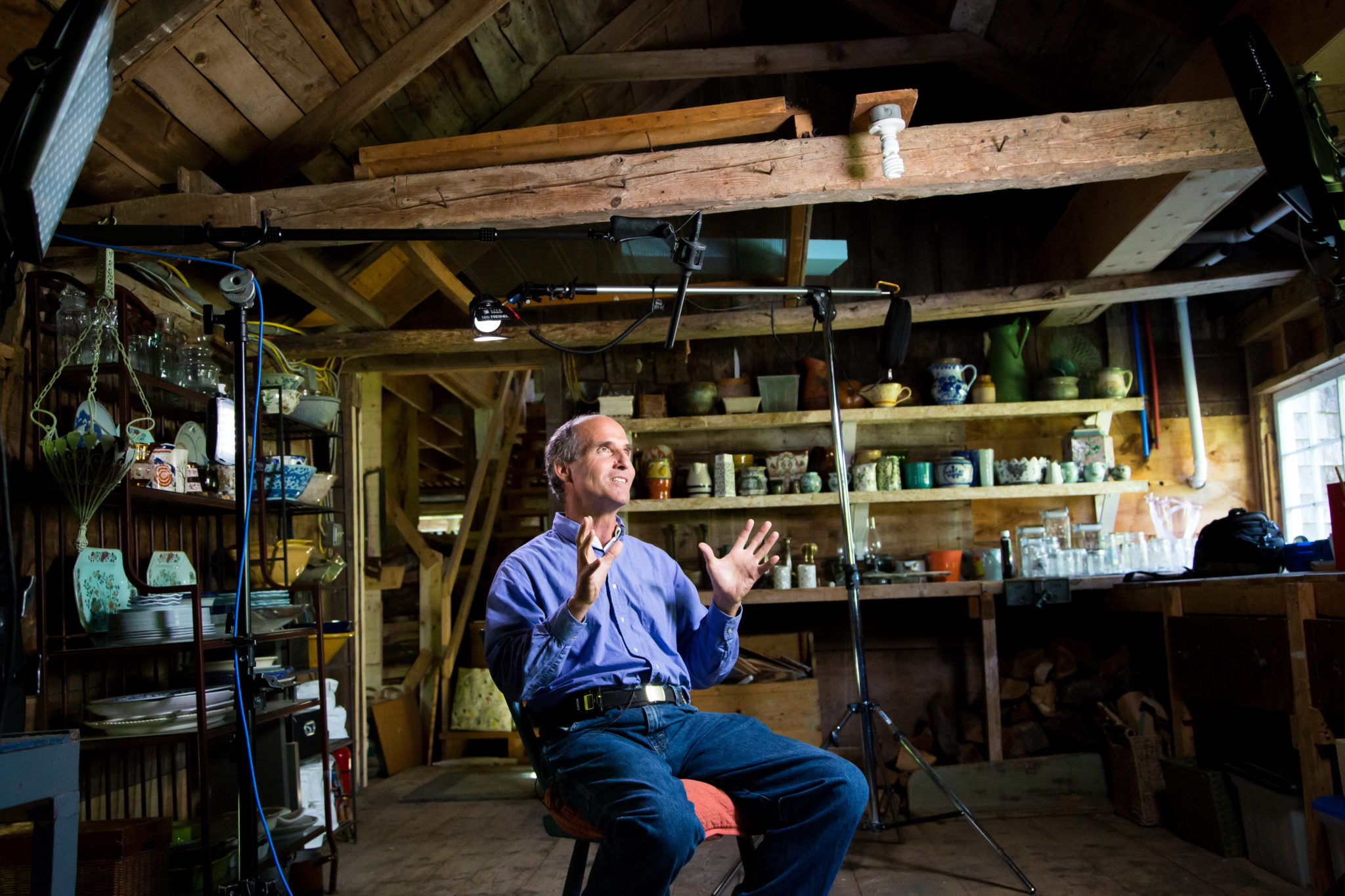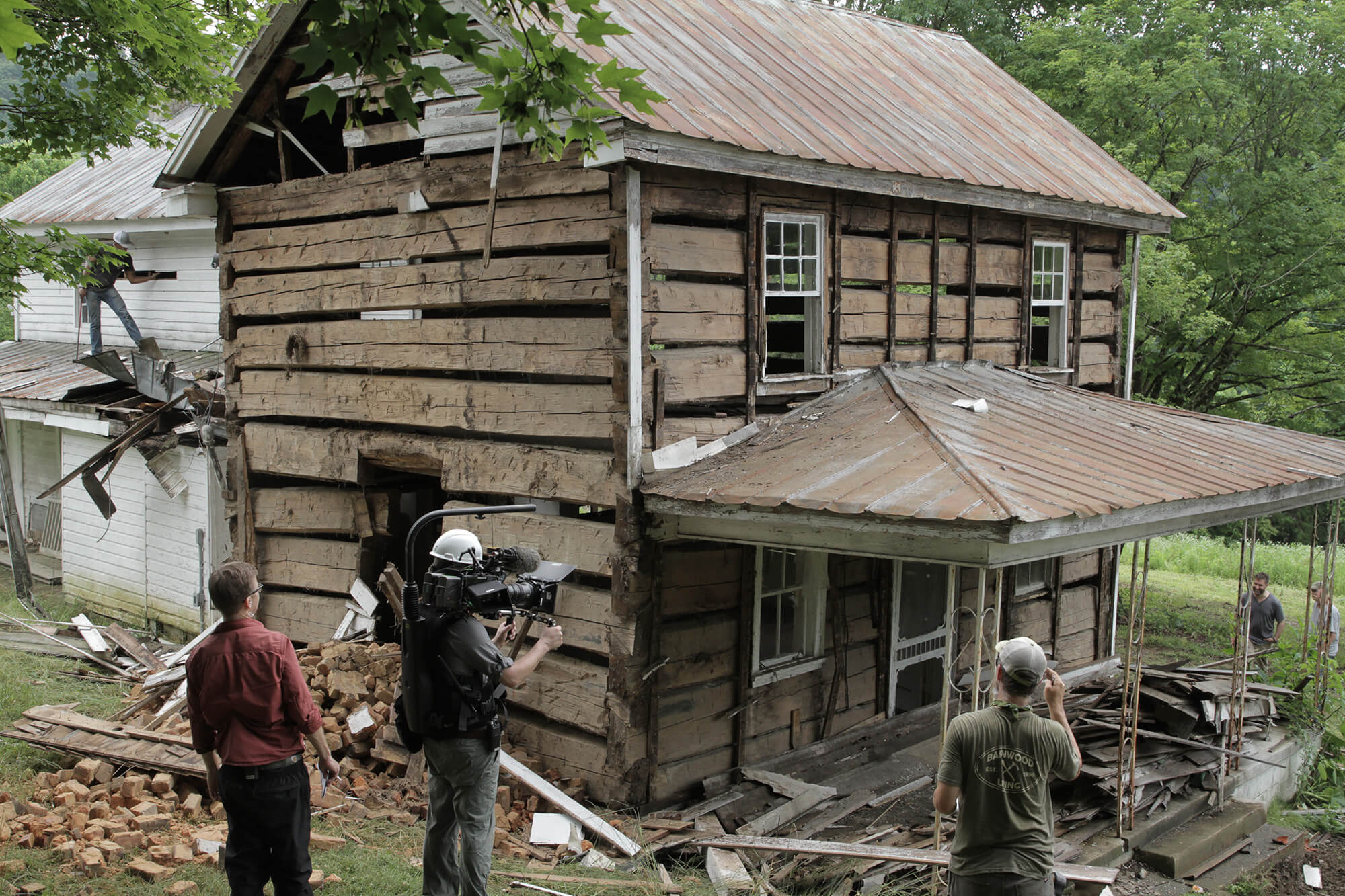Workshops
Guided by a successful showrunner and producer, learn the dynamics of selling and producing non-fiction and reality shows.
Dates:
Oct 21, 2024 - Oct 25, 2024
Levels:
Beginner,
Intermediate,
Workshop Fee: $1395
Workshop Duration: 1-week (Monday-Friday)
Workshop Location: On-campus
Class Size: 14
Between broadcast and streaming services, the demand for original non-scripted programming has never been higher. In this course, students will explore the building blocks of developing and producing authentic non-fiction television. It all starts with choosing the right subject.
This will be a thorough and active course from beginning to end. We will begin the week by analyzing successful series as case studies. We’ll explore what makes certain shows work and what formats help ensure an extended life for a series. Coursework will then shift to the logistics of producing non-fiction television. How do producers, directors, cinematographers, and the entire production team work together to successfully capture the format week after week?

Producing non-fiction presents endless challenges. Unlike scripted, non-fiction subjects are often unfamiliar with the needs and demands of narrative storytelling. Instead of the controlled environment of a set, non-fiction stories are filmed in the field, often in active worksites or environments that may not allow for second takes. Throughout the course, students will explore methods of engaging first-time talent that bring them into the storytelling process. Maintaining credibility with the talent is critical to the success of the series.
Students will explore techniques for gathering story beats in real-world situations. What happens when an essential beat is missed? Can you recreate moments without sacrificing authenticity? The primary task of the field crew is to ensure they deliver the story beats of each episode to the post-production team. Great editing may bring a show to life, but it cannot save a show if the field team hasn’t gathered the necessary story beats.


By mid-week, this course will include a production and post-production component. Students will break into groups to create a short (3-4 minute) segment that puts into practice the techniques discussed in class. Teams will film a local subject at an active work site to create a simple and clear short story supplemented with interviews and possible voice-overs. Afterward, each group will work together with a staff editor to pull selects, craft a script, and write a voice-over that integrates into a scene. The goal is to produce a segment to be reviewed on the final day of class.
Students will examine the process of pitching a series, developing a pitch deck, and sizzle reel. Please note: students are encouraged to bring in ideas for a non-fiction series the class can discuss, analyze, and help you develop. Along the way, classwork will cover additional elements of non-fiction television such as processing network notes, integrating brands, and managing on-screen talent.
Please note: An hour-long training session on Set Etiquette and Safety will be required of anyone registered for a workshop that involves production. Students only need to participate in this session once during their time on campus.
Share This

Instructor: Russell Pflueger
As an executive producer and showrunner, Russell Pflueger has produced hundreds of hours of television including series for National Geographic Channel, Discovery, DIY Network, and Magnolia. His credits include Barnwood Builders, Deadliest Catch: The Bait, Made with Pride, Driving America, and Ultimate Factories. Prior to television, he worked on independent film projects and directed theater in New York. He’s trained at Playwrights Horizons Theatre School, holds a master’s degree in mythological studies from Pacifica Graduate Institute, and has taught at New York University’s Tisch School of Arts in the Drama Department. He lives in New York City with his family.

